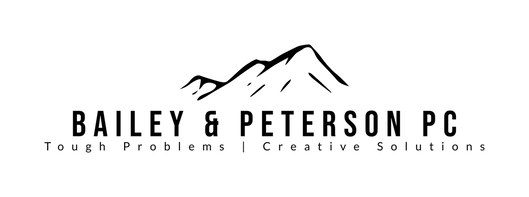HOA Law
|
As general counsel to HOAs and community associations, our attorneys advise board of directors and managers on how to comply with CCIOA, the Nonprofit Act, and other administrative regulations and statutes. We also advise boards on daily operations, interpretation and enforcement of governing documents, amending and restating governing documents, fiduciary duties of the board of directors, preparing and enforcing contracts, conducting elections and board meetings, etc. Our services include, but are not limited to:
|
|
Your use of our websites or its facilities constitutes your acceptance of the firm's Disclaimer.
7991 Shaffer Parkway | Suite 101 | Littleton, CO 80127 | P: 303.837.1660 | F. 303.837.0097 | [email protected]
© Bailey & Peterson, P.C. All rights reserved.
7991 Shaffer Parkway | Suite 101 | Littleton, CO 80127 | P: 303.837.1660 | F. 303.837.0097 | [email protected]
© Bailey & Peterson, P.C. All rights reserved.
Proudly powered by Weebly
